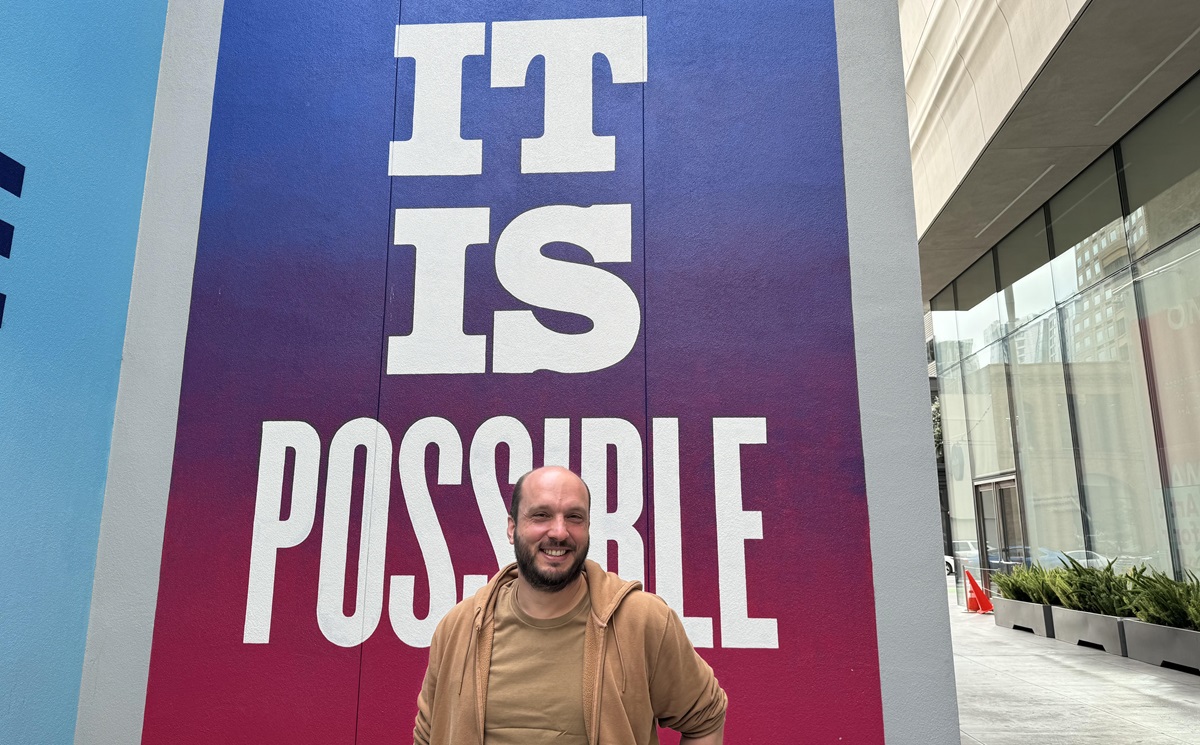Ubisoft has said that it is working on games that use Web3 technology and those games will likely launch this year.
This category of game falls into the responsibility of Nicolas Pouard, vice president of the Ubisoft Strategic Innovation Lab and head of blockchain initiatives at Ubisoft Entrepreneurs Lab.

Unlock premium content and VIP community perks with GB M A X!
Join now to enjoy our free and premium membership perks.
![]()

![]()